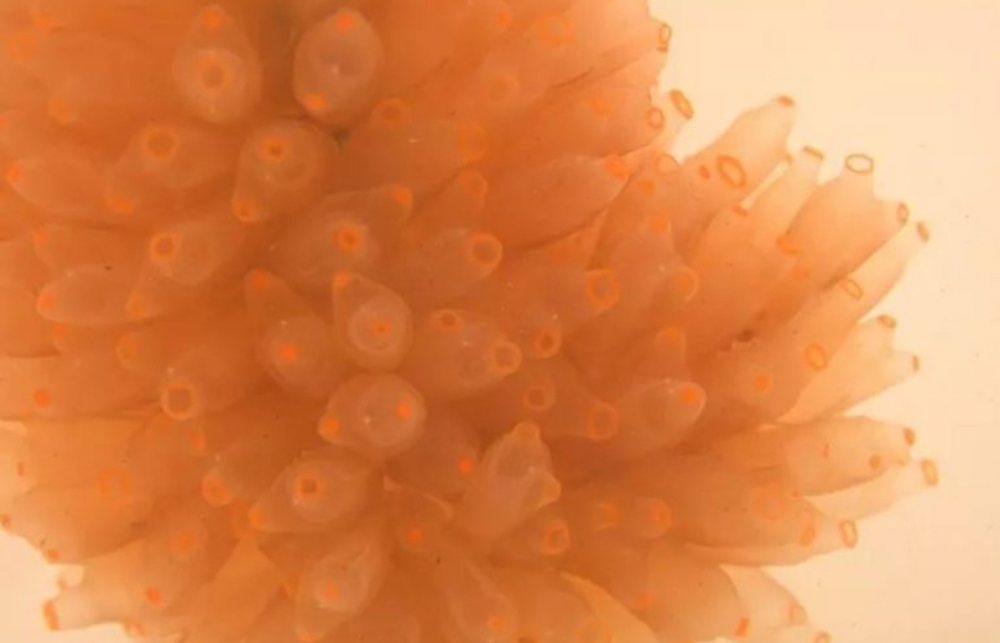
Lung cancer continues to be one of the most common and deadly malignant diseases worldwide.
Every year, 44,831 new cases are diagnosed in Italy alone, and approximately 12% are small cell lung cancer (SCLC), an aggressive and rapidly progressive form of the disease for which treatment options have long been limited. However, in recent years, advances in the treatment of SCLC have opened up new avenues. Among them is a synthetic marine compound, extracted from the invertebrate Ecteinascidia turbinata, which has shown promising results in combination as a first-line maintenance therapy for patients with extensive-stage SCLC (ES-SCLC), one of the most aggressive cancers with the greatest unmet medical need. Recently, data presented at the ASCO 2025 annual meeting in Chicago, and published simultaneously in The Lancet, from the phase 3 IMforte study showed that the synthetic marine compound, when combined with immunotherapy, reduced the risk of disease progression or death by 46%, with a median overall survival of 13.2 months compared to 10.6 months with immunotherapy alone. “Small cell lung cancer is one of the most aggressive and difficult-to-treat forms of lung cancer. In most cases, diagnosis occurs when the disease is already advanced and available treatment options are limited,” commented Silvia Novello, director of the Medical Oncology Unit at the “San Luigi” hospital in Orbassano and professor of Medical Oncology at the University of Turin. “The results of the IMforte study represent important developments: the new combination demonstrated significant clinical benefit, with improved overall survival and progression-free survival,” the study notes.












